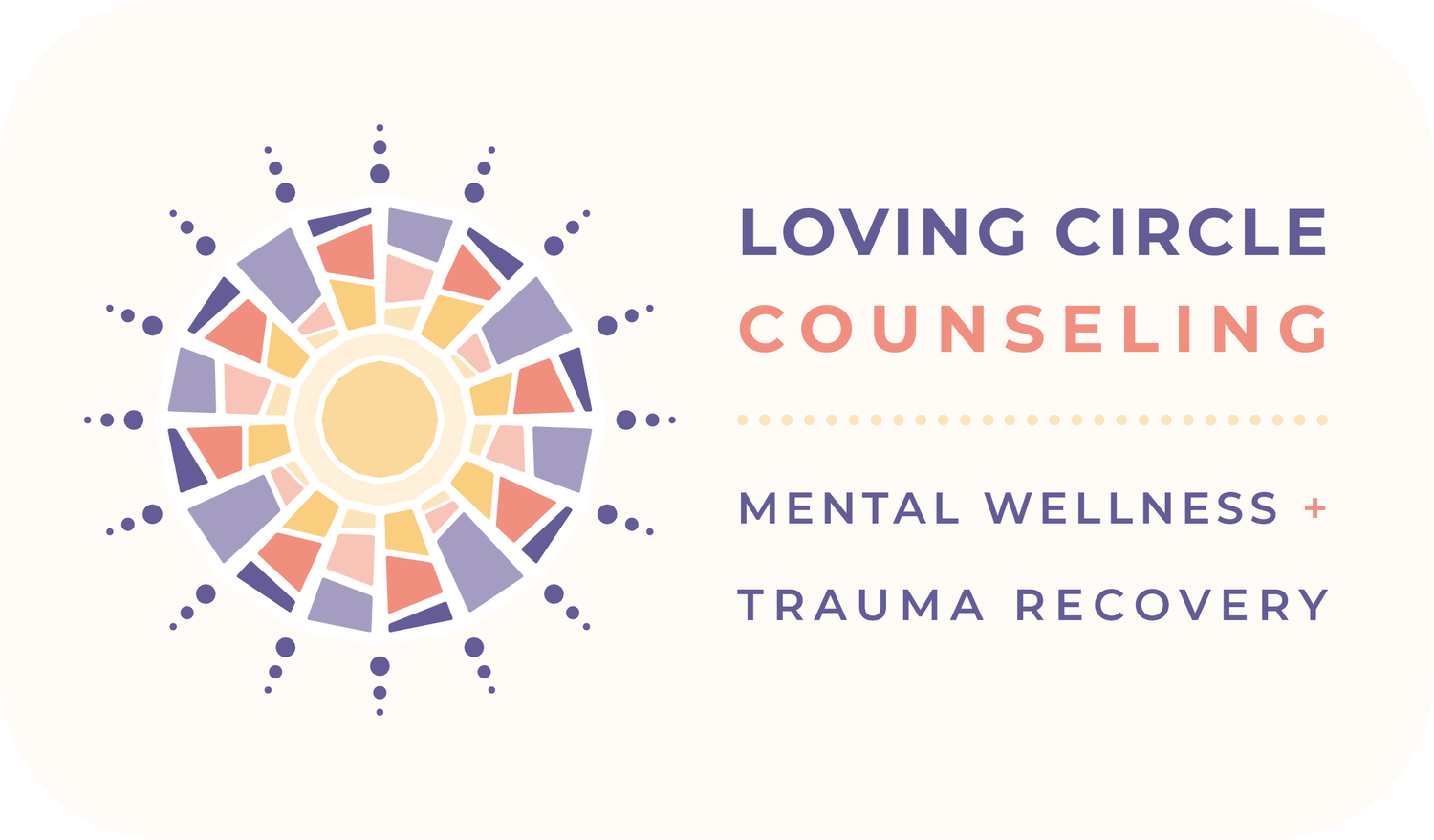
OUR SERVICES
-
• Aetna
• BCBS
• BCN
• Out of Network
• Private Pay
• Sliding Scale

EMBRACE HEALING YOUR WAY
We provide in-person sessions for those who prefer face-to-face therapy at our office in Ferndale, MI. We also offer virtual therapy services to individuals across Michigan, making our practice accessible to a broader range of individuals.
AFFORDABLE AND INCLUSIVE CARE
We understand the importance of making treatment affordable and accommodating to different financial situations. Therefore, we accept various insurance plans, including BCBS and BCN. Additionally, we offer the option of private pay for those who prefer to pay out of pocket. We are committed to providing inclusive care and offer a sliding scale fee structure based on financial need, ensuring that therapy is accessible to individuals from diverse backgrounds and income levels. We aim to prioritize your mental health and well-being, making our services as flexible and accessible as possible.
THE POWER OF VIRTUAL THERAPY
Discover the benefits of virtual therapy! Research proves its effectiveness, offering convenient and accessible mental health support. Virtual sessions establish strong therapeutic alliances, ensuring positive outcomes comparable to face-to-face therapy. Break geographical barriers and access specialized care from the comfort of your home. Consistent attendance is promoted through convenience, eliminating transportation and scheduling challenges. Experience deep healing and personal growth in a safe, confidential space.
INDIVIDUAL THERAPY TAILORED TO YOU
In individual therapy, we prioritize your unique healing needs. Our compassionate therapists provide a safe and supportive environment where you can explore past experiences and traumas, process emotions and sensations, and change thinking and behavior patterns that no longer serve you. Drawing on evidence-based techniques, we guide you through the healing process, fostering empowerment, growth, and resilience.
COUPLES AND FAMILY COUNSELING FOR LASTING HARMONY
Embrace the power of connection. Our practice offers a safe and supportive space for couples and families to navigate challenges, improve communication, and build healthier relationships. Through evidence-based interventions, our skilled therapists enhance understanding, empathy, and problem-solving skills. From communication hurdles to trust issues, we guide you toward greater harmony and resilience. Together, let's nurture and transform your relationships for lasting happiness.
-
Trauma-informed therapy is an approach that recognizes and acknowledges the profound impact of trauma on an individual's mental, emotional, and physical well-being. Our therapists are trained to understand the complexities of trauma and its potential effects on various aspects of life. By creating a safe and non-judgmental space, we help clients explore their experiences, process trauma, and work towards healing and growth
-
Holistic therapy is an integrative approach that considers the whole person—mind, body, and spirit—in the healing process. We recognize that mental health is interconnected with other dimensions of our being, such as physical health, relationships, and lifestyle factors. Our practice incorporates a range of holistic techniques and interventions to support your well-being, including mindfulness, EMDR, and CBT.
-
Eye Movement Desensitization and Reprocessing (EMDR) is a powerful therapeutic modality specifically designed to help individuals process and heal from trauma. EMDR utilizes bilateral stimulation, such as eye movements or other forms of sensory input, to support the brain's natural ability to reprocess traumatic memories. This technique helps clients reduce distressing symptoms, gain insights, and create new adaptive responses to past experiences.
-
Internal Family Systems (IFS) is a therapeutic approach that recognizes the mind as a system composed of various parts, each with its own beliefs, emotions, and perspectives. Developed by Richard Schwartz, IFS views these parts as valuable and aims to establish a harmonious relationship among them. The goal of IFS is to cultivate Self-leadership, where the core Self—a compassionate, wise, and authentic aspect of our being—can guide and integrate the various parts. Through therapy, individuals learn to identify and engage with their parts, understanding their roles and intentions. By developing a compassionate relationship with these parts, healing, integration, and transformation can occur, leading to a greater sense of inner wholeness and well-being. IFS offers a unique and powerful framework for exploring and understanding the complexities of our inner world, facilitating profound personal growth and healing.
-
Cognitive-Behavioral Therapy (CBT) is a widely recognized therapeutic approach that focuses on the relationship between our thoughts, feelings, and behaviors. It helps individuals identify and challenge negative or unhelpful patterns of thinking and develop more adaptive thoughts and behaviors. CBT equips clients with practical skills to manage stress, anxiety, and other mental health challenges by promoting self-awareness, problem-solving, and positive coping strategies.
-
Dialectical Behavior Therapy (DBT) is a powerful therapeutic approach designed to help individuals navigate life’s challenges and cultivate emotional resilience. DBT combines elements of cognitive- behavioral therapy with mindfulness practices, providing a comprehensive framework for healing and personal growth.
DBT is particularly beneficial for individuals struggling with emotional dysregulation, self-destructive behaviors, and difficulties in interpersonal relationships. Whether you’re facing issues such as depression, anxiety, or trauma-related symptoms, DBT offers practical skills and strategies to enhance your quality of life.
-
Mindfulness is a practice of being fully present and engaged in the current moment without judgment. It involves cultivating awareness of one's thoughts, feelings, bodily sensations, and the surrounding environment. By learning to be present with our experiences, we can develop a greater sense of clarity, compassion, and resilience. Mindfulness techniques are incorporated into therapy sessions to support relaxation, self-reflection, and emotional regulation.





